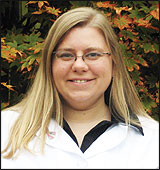
Support authors and subscribe to content
This is premium stuff. Subscribe to read the entire article.
Login if you have purchased

This is premium stuff. Subscribe to read the entire article.
Using a lower-limb prosthetic device can lead to increased cognitive demands, and since measuring cognitive load objectively can be challenging,...
Read more
© 2024 The O&P EDGE